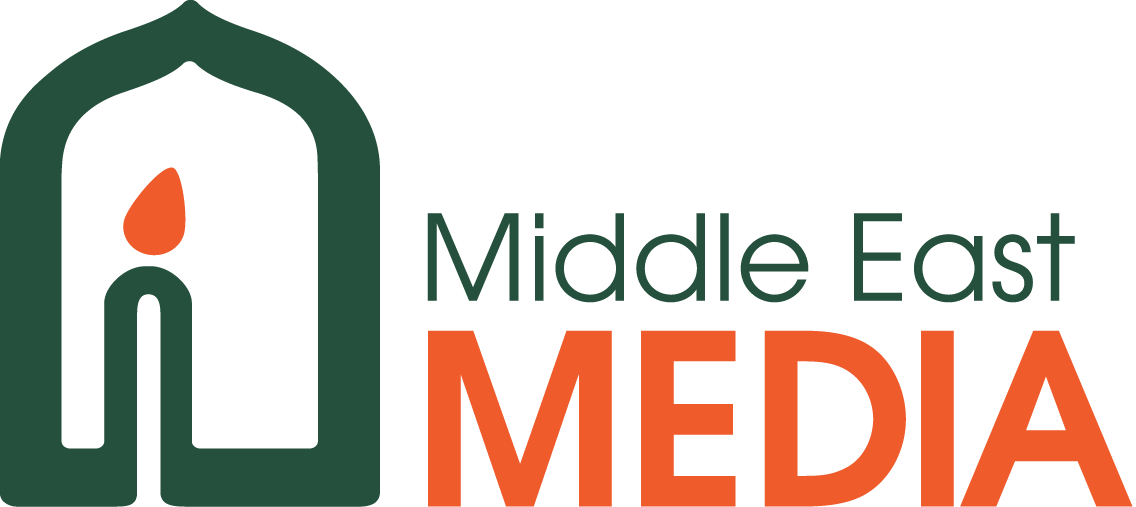Call2Prayer and a Call2Give: the lesser-reported aftershocks of the Turkey-Syria earthquakes
/Almost 50,000 dead and tens of thousands more left injured, homeless and in mourning…as we all watched the unfolding news of the 7.8 magnitude earthquake that hit Turkey and Syria on 6th February, we were rightly filled with feelings of horror and helplessness. Videos of tiny babies being rescued from the rubble; survivors pulled out after days without food and water; panoramic footage of entire towns and villages collapsed in ruins. Then, aftershock after aftershock, yet more casualties.
Natural disasters of such proportions wreck devastation so immeasurable, we look on with a profound sense of powerlessness, and cry to the Lord for his mercy.
Nearly one month on, most of our Western headlines have zoomed out and shifted our attention to other things. Though the seismic aftershocks have still not settled in the region, what more is there for the papers to say? None of us can personally comprehend for how long the repercussions of such a horrifying event will be felt. But we know that communities hit by similarly monstrous disasters – the 2004 Sumatran tsunami, 2005’s Hurricane Katrina, and Haiti’s deadly earthquake in 2010 – are still feeling the consequences today.
Things will never be the same for these Turkish and Syrian communities. But unless we are directly involved in reparation efforts somehow, it can be all too easy disengage. ‘Out of sight, out of mind’. In a news-saturated era where an abundance of suffering seems to hit our headlines every week, compassion fatigue is a very real phenomenon.
But beyond the ongoing tremors, the treatment of injuries, incomprehensible volumes of debris clearing, and a very long and slow journey towards reconstruction, there is another deepening wound. The aftershocks of this earthquake will continue to wreck through the hearts and minds of its survivors across the generations. In this part of the world, which sits under centuries of conflict and unrest, its citizens are no strangers to psychological trauma.
A study by Syria Relief in 2021 revealed that 88% of refugees or internally displaced persons surveyed in war-torn areas of Syria, Lebanon and Turkey demonstrated symptoms of post-traumatic stress disorder (PTSD). Issues of mental health are not well addressed in the region. Another report from the WHO in 2018 found that there were only 80 psychiatrists working in Syrian territories, and psychologists were neither trained nor licensed to practice in the country. Already such dire figures, the events of February 6th have only twisted the knife further. Young people whose lives have been irreversibly torn apart are particularly at risk of emotional damage. UNICEF recently reported that 5.4 million children living across the earthquake zone are at risk of developing anxiety, depression and post-traumatic stress disorder. These lesser-reported aftershocks demand our attention; this crisis demands our prayers.
As a media organisation, Middle East Media is not the first to respond when humanitarian crises like the recent earthquakes take place; we are unable to offer practical aid. However, we are uniquely placed to respond to this deepening psychological crisis. Our Life in the Desert 3D animation and educational curriculum was created with a developmental psychologist to respond to the growing numbers of Arabic-speaking children affected by trauma. There is very little, if any, provision of this kind from local governments and major players in the region. Following the journey of 8-year-old Farah, the programme offers hope through the stories of Biblical heroes. Children identify closely with Farah, and the workshops help them express, process and heal from some of their experiences.
To date, we have trained over 260 NGO workers and carers in the region to use Life in the Desert, and they have taken it to over 7,000 children in refugee camps, orphanages and impoverished communities. Some of our partners identified this programme the best material they had seen for dealing with trauma. We had already planned to provide training for NGO workers in both Syria and Turkey this year, funding permitting, before the news of the earthquakes. Now, making this happen is a priority. Our Syrian partner contacted us last week, begging us to come and deliver the training to them as soon as possible, so that they can be on hand to support the vast numbers of suffering children in the wake of recent events.
However, we currently do not have sufficient funding to conduct this training in Syria. Appropriate training that includes a psychiatrist is vital to ensure that the programme is handled correctly with such vulnerable children and that they benefit from its content.
Firstly, would you PRAY with us for this initiative:
For the adults looking after many orphaned and traumatised children – many also traumatised themselves.
For Life in the Desert to reach them in good time.
Secondly, would you prayerfully consider GIVING towards our training of NGO workers and local people in Syria and Turkey?
We need £35,000 to conduct this training in Syria alone. Breakdown of costs available upon request.
All donations made using the form below will go directly towards Life in the Desert training Syria.
Thirdly, would you please SHARE this need with your families, friends and churches who may want to respond to this crisis, but haven’t found the ways yet.
This is a tested programme that can positively change the course of life for so many children, and their carers, too.
~
“He has sent me to bind up the broken-hearted,
to proclaim freedom for the captives
and release from darkness for the prisoners,
to proclaim the year of the Lord’s favour
and the day of vengeance of our God,
to comfort all who mourn,
and provide for those who grieve in Zion—
to bestow on them a crown of beauty
instead of ashes,
the oil of joy
instead of mourning,
and a garment of praise
instead of a spirit of despair.”
Isaiah 61:1b-3


